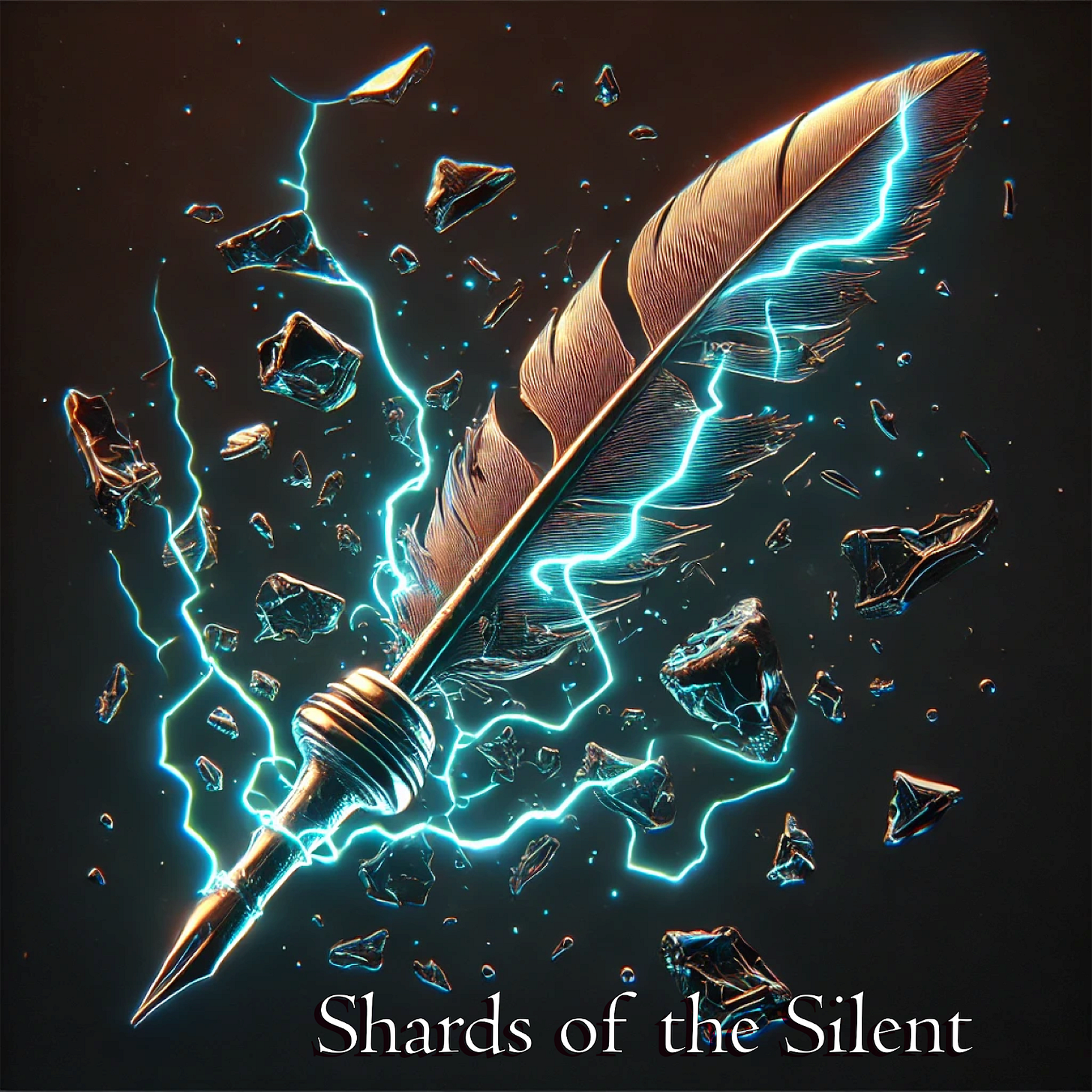Why AI Music is Here to Stay (Album Release!)
On November 30, 2022 the world experienced a collective freakout moment when OpenAI released ChatGPT. The shock was not that the model was perfect, but rather the model crossed a clear threshold. LLMs transitioned from “novelty computer program” to “huge value creator and disruptor.”
In 2024, two companies had their “GPT 3.5” moments for AI music. Udio launched strongly in April with steady improvements throughout the year, while Suno released their impressive v4 model on November 15, 2024, less than two years after the ChatGPT debut. AI-generated music had become nearly indistinguishable from human-created tracks.
Over the past few months, I rabbit-holed into AI music. After releasing an album created completely with AI, I have compiled my list of lessons learned. Below, I’ll share details about the album and then walk you through the lessons learned.
Album Context
Before we jump into lessons learned, here are a few interesting and important pieces of context about the album. For lyrics I adapted my favorite poems (each written over a hundred years ago) into a modern medium. This choice avoided copyright concerns and added personal significance. For the music I sought the genre that the original authors may have actually chosen. Except Rudyard Kipling. I don’t think Appalachian bluegrass would have been the English author’s first pick, but it fits the poem quite well. A few album highlights include:
The album opens with an orchestral rock version of Ozymandias, featuring a rap verse from Destruction of Sennacherib that emphasizes the fleeting nature of our lives.
What if Edgar Allan Poe were alive in the early 2000’s composing an emo acoustic guitar album? Alone, my favorite poem in the early 2000’s, provides a glimpse of what this may have sounded like.
My two favorite World War I poems blend poignantly together in The Soldier in Flanders Fields.
At my wedding luncheon, my wife recited Sonnet 115 from Shakespeare and I Gave Myself to Him by Emily Dickinson. The fusion worked well.
Where to listen?
Lessons Learned from the Album Project
Lesson 1: AI Music has Arrived, but Progress is Ongoing.
While the current models are impressive, there are still obvious, low-hanging improvements waiting to be made. Over the last six months the improvements have been consistent and will continue. The mind blowing moment for me is when the AI, unprompted, added a sword swooshing sound to the song Jabberwocky.
Lesson 2: Model Diversity will Continue.
Different companies are taking distinct approaches, with each major player developing models that exhibit unique strengths and weaknesses with no signs yet of convergence.
Lesson 3: Component-Based AI Music Creation Is Key.
Focusing on constructing individual components of music rather than complete tracks will be incredibly valuable. The first to master this approach will likely dominate the field. By separating tracks for different instruments, a new realm of possibilities opens up for both amateurs and professionals.
Lesson 4: AI Music Sparks Controversy.
Unlike text, where LLMs generally learn from the entire internet and do a decent job of avoiding plagiarism, AI music raises unique concerns. Some musicians develop a distinctive sound, and AI can replicate that unique feel, which is a valid objection. Some drafts of my songs sounded very similar to specific artists. There’s an opportunity to make AI music more artist-friendly by combining a streamlined, powerful audio mixing platform with models trained in ways that satisfy participating artists, potentially even compensating them. One innovative company to watch in this “artist-friendly” space is Kits.ai, known for their impressive vocal models. Their Text-to-Vocals model diagram may not be surprising at first glance, but the output is remarkably sharp.
Lesson 5: Music as a Personal Emotional Journey
Music can be profoundly personal. This album features some of my favorite poetry, much of which my late mother introduced me to. While these pieces were deeply moving to me, creating novel and deeply meaningful music as a generally weak musical artist sparked powerful feelings.
Lesson 6: The Imminence of On-Demand Personalized Music
I would wager we are less than 2.5 years away from on-demand personalized music, though I’m not convinced we’re ready for it. I once spent three hours listening to 20 different versions of Edgar Allan Poe’s Alone. The idea of music becoming the next addictive TikTok equivalent hasn’t fully hit most people yet.
I’ll share more about the potential dangers stemming from Lessons 5 and 6 at a later time. For now, enjoy the rhythms. 🎶




